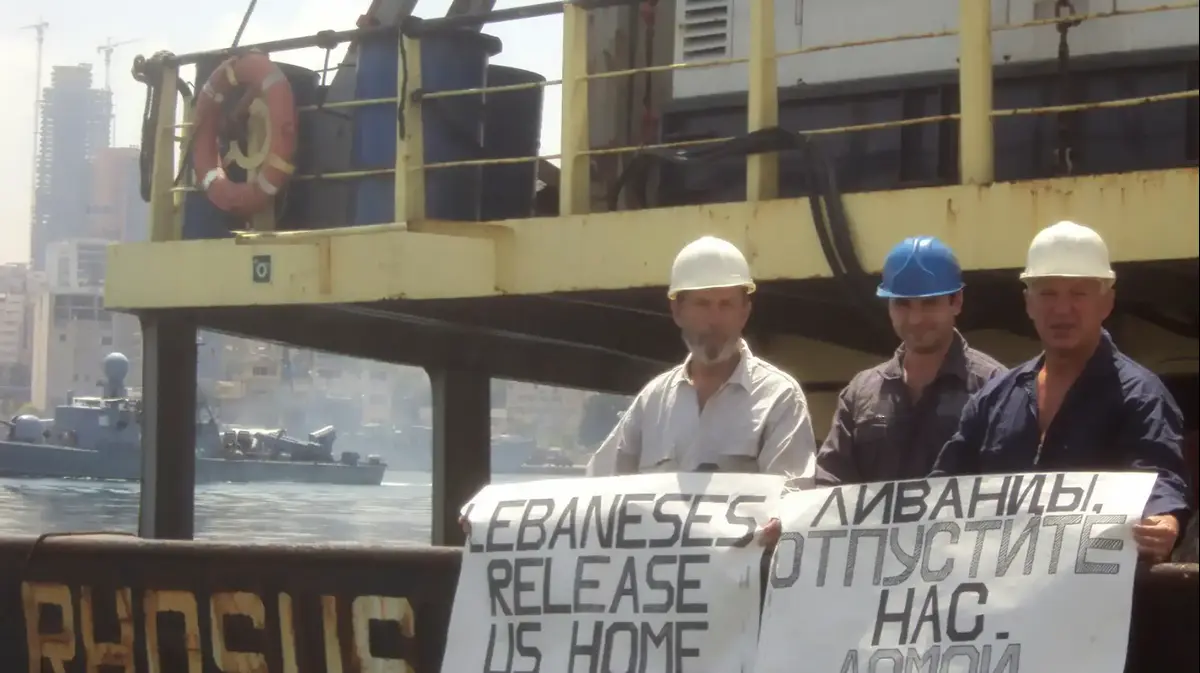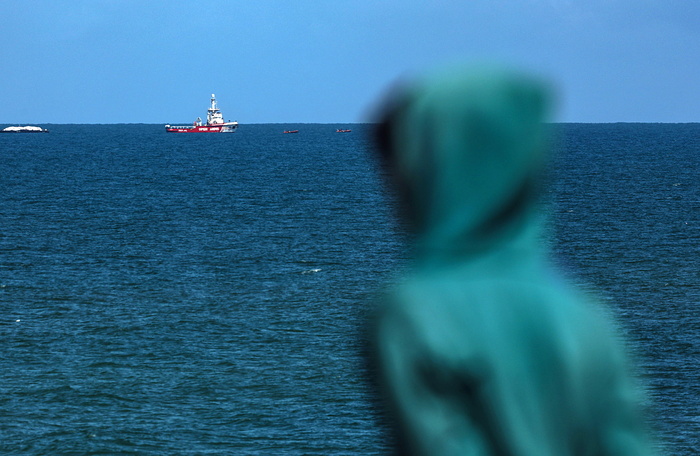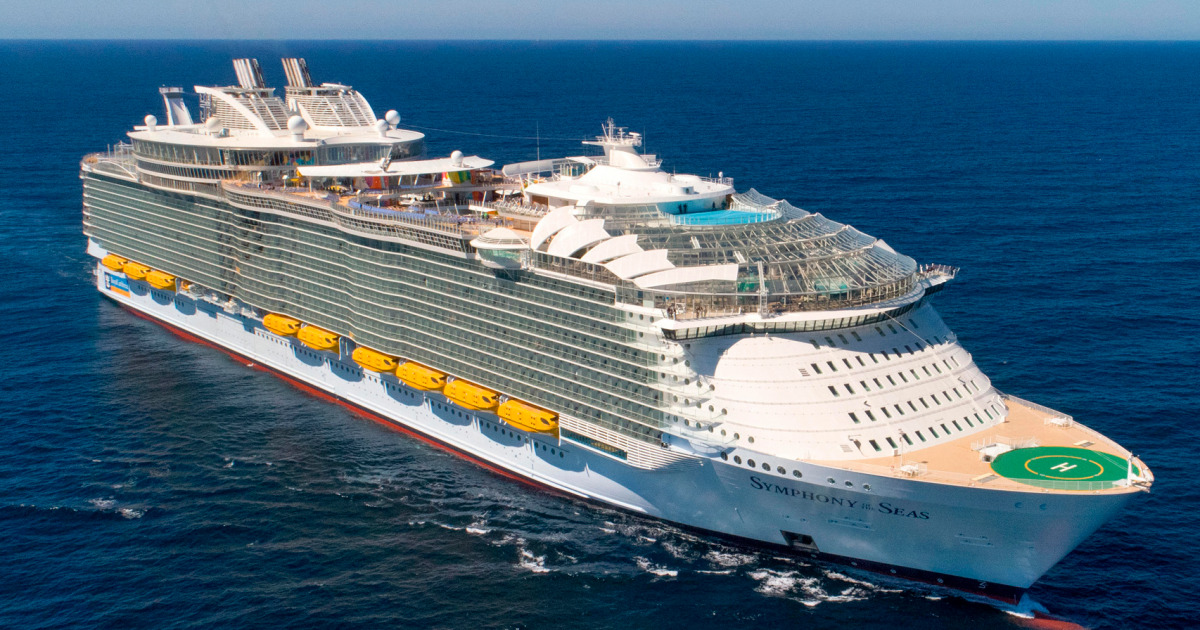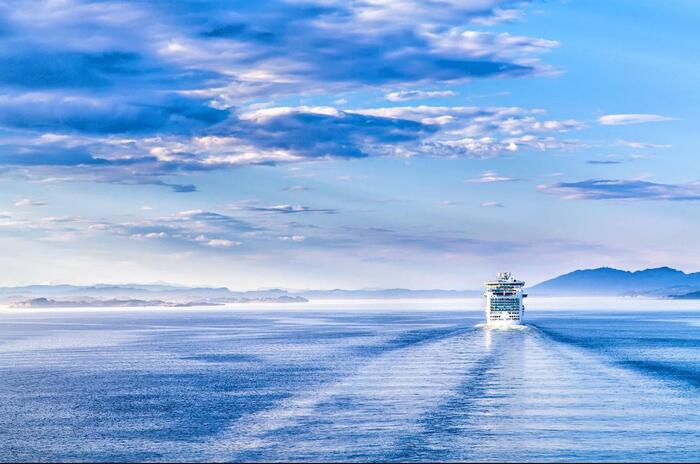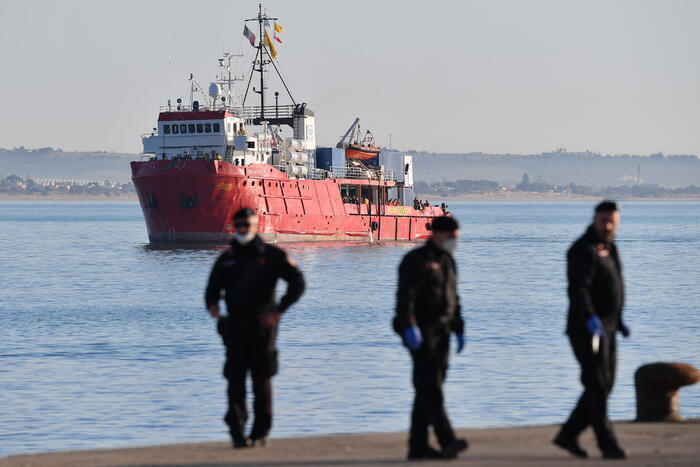- news
- World news
- the Middle East
Disaster in Beirut
The chemical ship that docked unexpectedly: the greed that led to the disaster in Beirut
The "Rossos" was on its way to Africa in 2013 with 2,750 tons of ammonium nitrate, but its owner wanted more money and ordered a halt in Lebanon. However, no more cargo could be loaded and it was abandoned until it sank, while the flammable materials were negligently stored on the platform. The story of a 7-year-old default
Tags- Lebanon
- Beirut
Reuters
Saturday, 08 August 2020, 12:59The chemicals that went up in flames in the deadliest explosion Beirut has seen in peacetime arrived in the Lebanese capital seven years ago, aboard a chartered cargo ship from Russia. Her captain said she was never supposed to stop there.
"They were greedy," said Boris Prokushev, who was captain of the Rossos in 2013, when the owner told him to make an unplanned stop in Lebanon to pick up more luggage. He said the ship was carrying 2,750 tons of a highly flammable chemical from Georgia to Mozambique, when it was instructed to deviate to Beirut as it crossed the Mediterranean.
The team was asked to load heavy equipment for the road and transport it to the port of Aqaba in Jordan, before continuing the trip to Africa, where the ammonium nitrate was to reach an explosives manufacturer. However, the ship never left Beirut, after trying and failing to safely raise another cargo, before embarking on a lengthy legal battle over customs payments.
Read more on the subject
- Trump talks with Lebanese president: "The United States will stand by you"
- Nasrallah: "We have no weapons in the port of Beirut, we know the port of Haifa better"
- Lebanese President: The explosion at the port of Beirut may have been caused by foreign intervention
- Pure gold: the cultivation series with 24 carat gold
"It was impossible," the 70-year-old Prokoshov told Reuters about the operation to load the extra charge. "It could have destroyed the whole ship, and I said no," the captain explained in a phone call from the Russian resort town of Sochi on the shores of the Black Sea.
He and lawyers of some of the creditors accuse the shipowners of abandoning it and returning it to port. Months later, for safety reasons, the chemicals were removed from the deck and stored on the dock.
On Tuesday, the reservoir ignited and exploded not far from a residential area in the city. The massive explosion killed at least 154 people. 5,000 people were injured, buildings flattened and more than a quarter of a million people lost their homes.
The ship might have managed to get out of Beirut if the extra cargo had been loaded on it. The crew piled the equipment, which included bulldozers and compactors, on the doors that held the ammonium nitrate underneath them - but Ukrainian strengthening officer Boris Mosinchak said the doors could not withstand the load.
"The ship was old and the holding cover warped," he said in a phone call. "We decided not to take risks."
More on Walla! NEWS
With a threat to Haifa, Nasrallah made it clear that the explosion in Beirut did not throw him anywhere
To the full article
The captain and three of his crew members were on board for 11 months while the legal battle dragged on, receiving no salaries and receiving only limited food supplies. After getting off it, the ammonium nitrate was removed from the ship.
"The cargo was particularly flammable. That's why it was kept on deck while we were there. That ammonium nitrate was in a very high concentration," Prokushev said. He identified the shipowners as Russian businessman Igor Grechushkin, but attempts to contact him were unsuccessful.
A security source said that the Cyprus police would interrogate Grechushkin on Thursday at his home on the island. A spokesman for the Cyprus Police said a person he did not identify would be questioned at the request of Interpol in Beirut in connection with the same charge.
The ammonium nitrate was sold by the Georgian fertilizer manufacturer "Rusty Azot" and was supposed to reach an explosives manufacturer in Mozambique. The company - Fabrica de Explosivos - did not respond to questions on the subject.
LeBan Burildilde, Rostby Azot's plant manager, told Reuters that his company had only been running the chemical plant for the past three years, so he could not confirm whether the ammonium was forming there. He said the decision to store the materials in the port of Beirut was "a serious violation of safety regulations, given that ammonium nitrate loses its useful properties within six months".
According to the initial investigation in Lebanon, there was negligence in the treatment of the potentially destructive chemical. About 20 people have been arrested so far, including senior port officials who have overseen storage and security since 2014. Port and Customs service officials said several letters had been sent to judicial authorities requesting evacuation of the materials, but nothing was done about it. However, Lebanese President Michel Aoun said yesterday that "foreign intervention" - a missile, explosives or other action - may have caused the disaster.
According to Prokush, the ship suffered a leak but was fit to sail when it sailed to Beirut in September 2013. However, he said the Lebanese authorities paid very little attention to the ammonium reservoir, which was kept in large sacks in the ship’s belly.
"I feel sorry for the people (who were killed or injured in the blast). But the local, Lebanese authorities should be punished. They did not care at all about the charge," he said.
The abandoned ship sank where it docked. According to an email from May 2018 sent from an editor to Prokoshv, it happened "recently".

